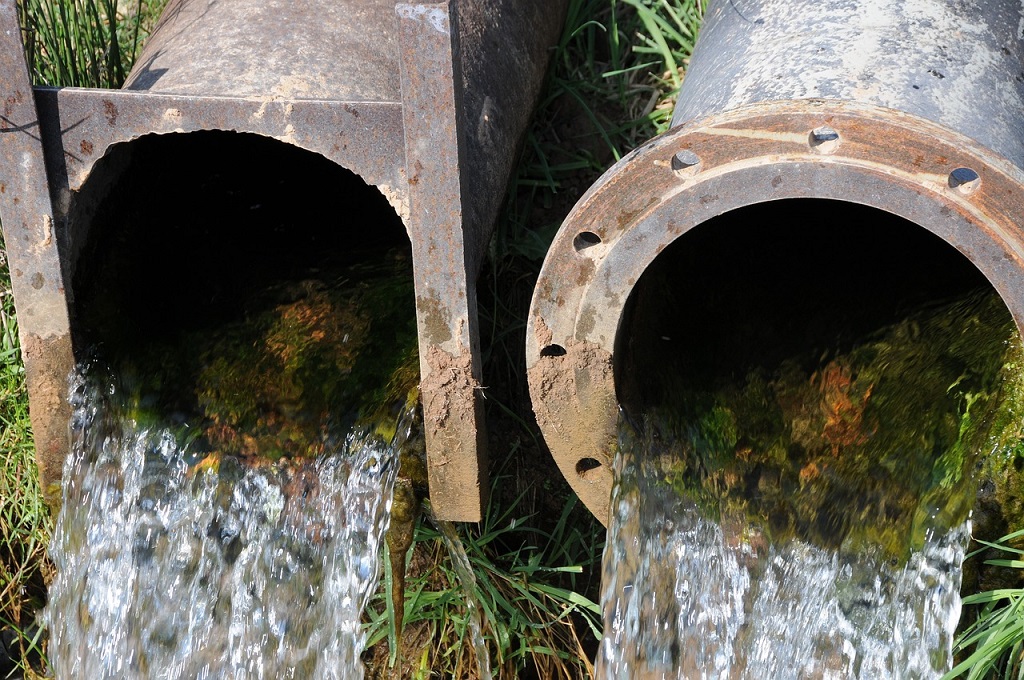Dead in the water: Govt’s nutrient neutrality relaxation struck down
Plans to ease up planning restrictions regarding water pollution have been scuppered by the House of Lords after Labour rallied its members to oppose the Levelling Up Bill amendment.
Because of the amendment’s timing – it was introduced late in the legislative process – the Lords’ vote means that it cannot be reintroduced in the Levelling Up Bill.
If the government wants to pursue relaxing nutrient neutrality policy, it will have to think of a different tactic.
The sinking of the amendment also means the current rules will continue to apply – these require housing projects in protected areas to prove that they will not increase the amount of nitrogen or phosphorous in rivers.
There are 62 local authorities impacted by the nutrient neutrality rule. Cumberland Council and Westmorland Council are two of them, having land that falls within the River Eden Special Area of Conservation, the River Kent SAC and the River Derwent & Bassenthwaite Lake SAC.
- TAKE A DEEP DIVE: How river pollution is putting development plans in purgatory across the North and North Wales
Government has said removing the neutrality requirement would enable the construction of more than 100,000 homes. In Cumbria, the number is close to 2,500 – including a 92-home project near Carlisle from Peterloo Estates.
Stephen Barker, chairman of Peterloo Estates, told Place North West last month about how the nutrient neutrality rules had frozen his project.
“We have been unbelievably fortunate to have had a supportive and long-term funding partner on this project who has stuck with us throughout,” he said. “If this project had been funded by a commercial bank, they would almost certainly have pulled the plug and called in any loan because, on paper, there would be no prospect of exiting the project within any quantifiable timeframe.”
Lack of housing was also mentioned repeatedly as a prime concern for that area during Place’s Cumbria Development Update earlier this year.
Water pollution has become a serious issue in the UK. Last year, a government report revealed that only 14% of English rivers could be described as having ‘good ecological status’. All of the country’s rivers were found to have some level of chemical contamination.
The Home Builders Federation estimates the built environment is responsible for less than 5% of the pollution. The government has stated that the main culprits for increased levels of phosphorous in rivers are water companies.
READ MORE
Govt’s pitch to neutralise nutrient neutrality rules met with mixed reaction





And that is why, ladies and gentlemen, we have the House of Lords! It stops idiots in government doing idiotic things (sometimes).
The government needs to understand what capitalism is, rather than what they want it to be, and the house builders need to accept that, at times, they will not be making their 20%/30%/40% margins, and they simply need to produce what they are there to produce and be satisfied with making an honest margin rather than socially unhealthy margins.
By Anon
Yes yes yes, I fully second Anon: 12:43.
This was an utterly ridiculous proposal and they deserve to fall on their face.
People have to stop believing this hard done by nonsense from the majority of the sector. There is still a lot of money to made without making astronomical amounts of profit and building dross.
By TC
I am not an expert on aquatic environmental protection but as a citizen and a construction industry designer I am very glad to see, that on this occasion, what seemed to be another attempt to sneek in changes that undermine protection for our natural environment, has been averted. If the existing protection is not needed or not perfoming as intended, then surely amending it should be the subject of a robust review and consultation, instead of it being castrated in a hurry with a last minute passing shot ahead of election campaigning next year.
Last weekend in the sun I visited a picturesque spot in a National Trust managed site and my family joined many others playing in the river. It was beautiful, except once you got close the river had a merky hue and a slight smell of sewerage even after a period of dry weather (so supposedly no sewerage releases).
If there was a more effective focus on protection and rehabiliation of our river systems and associated habitats, maybe more developments could be acceptable and still achieve a net gain in biodiversity and habitat health.
By Designer
Almost as if the people don’t want their rivers full of sewage. Who knew!
By Levelling Up Manager
“.. the Guardian revealed that the nine main water and sewerage companies had paid out £65.9bn in dividends in the last three decades.” I wonder if any of this could have gone to upgrading the capacity of water treatment works across the country?
By Charlie Kingsley